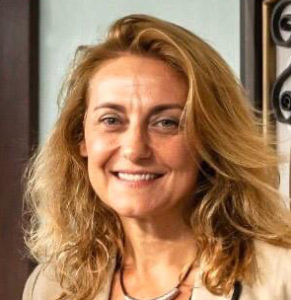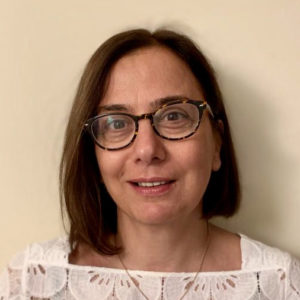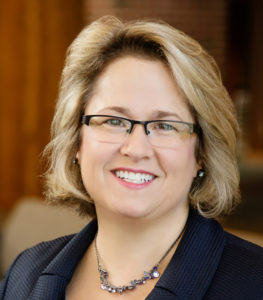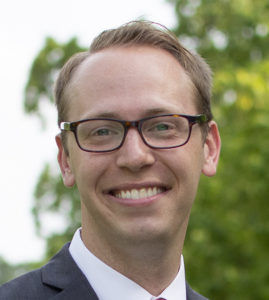Can We Reconcile the Freedom of Religion with the Right to Be Free from Gender Discrimination?
 Dr. Eugenia Relaño Pastor is a Senior Research Fellow in the Department of Law and Anthropology at the Max Planck Institute for Social Anthropology, Halle (Germany)
Dr. Eugenia Relaño Pastor is a Senior Research Fellow in the Department of Law and Anthropology at the Max Planck Institute for Social Anthropology, Halle (Germany)
Introduction
On the 25th Anniversary of the Beijing Declaration and Platform for Action, the UN Special Rapporteur on Freedom of Religion or Belief took the opportunity to release his 2020 Annual Report, which shows his deep concern for worldwide gender-based violence against women, girls, and LGBT+ persons in the name of religion and belief. In the report he reinforces his predecessors’ endeavors to reject any legitimate religious “justification” for violence or discrimination based on sexual orientation or gender identity.
As a result, he produced an excellent preliminary report for a future UN general comment on the intersection between the right to freedom of religion or belief and the right to equality and non-discrimination on the basis of gender, but he failed to identify the core issues at stake for dealing with rights grounded on two moral truths: freedom and equality. That omission is the proverbial elephant in the room. In my experience as an activist (I have worked as a legal adviser for migration and equality with the Spanish Ombudsman, and I deal with daily legal complaints against the administration) and legal scholar committed to liberty and equality rights for women and the LGBT+ community, as well as to religious freedom for all, the only choice is to balance both rights carefully through a context-sensitive approach and to try to find negotiated compromises when tension arises. (more…)



